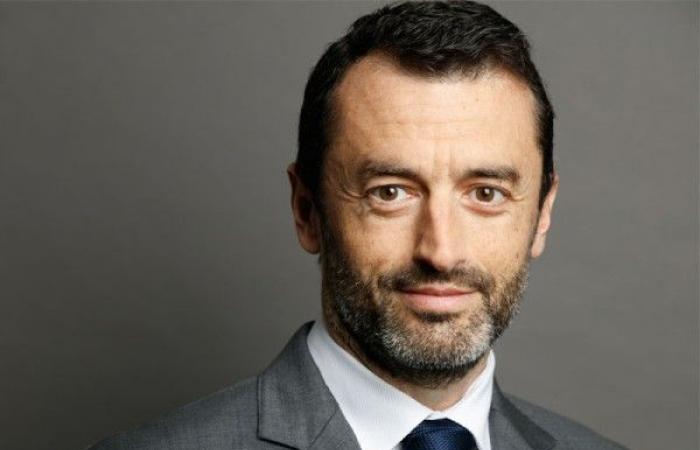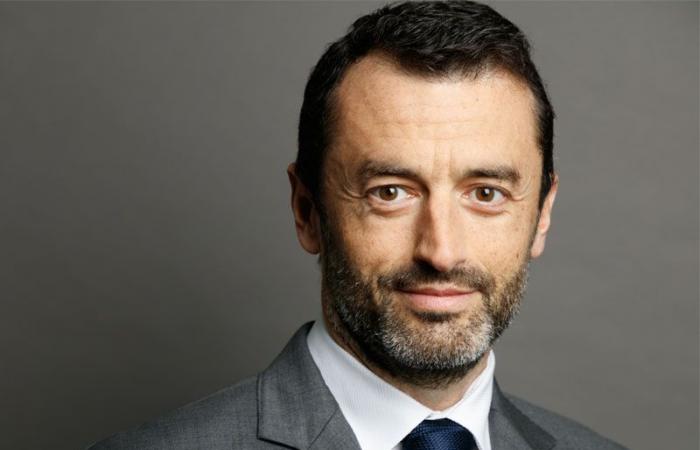Falling rates, high productivity generated by AI: the scenarios adopted by the market leave Thomas Friedberger of Tikehau Capital a little skeptical.
The US Federal Reserve has, for the moment, left its key rates unchanged. It has maintained the target for fed funds rates at 5.25%-5.50%. The European Central Bank has chosen to lower its rates. Two contexts, two divergent decisions: what impact on the markets? Analysis by Thomas Friedberger, Managing Director and Co-Director of Investments at Tikehau Capital.
The Fed has still not changed its key rates. What do you think?
The Fed is behaving in line with what we have been saying for several months. It will likely lower its rates in the coming months but not to the levels where the market anticipated a few weeks ago. There are excellent reasons for this: the United States is experiencing structural inflationary pressures that are difficult to overcome, due to deglobalization, the relocation of industrial production to developed countries and the change in the energy mix due to less access to energy. Russian gas. Capex expenses are and will remain important to finance this transition and the implementation of a new infrastructure generates price increases. In China, a stronger currency than in past decades contributes to reinforcing inflationary pressures. The Fed cannot change its 2% inflation target without changing its judgment. In this context it is not necessarily the short rates which are too high but the long rates which seem too low.
The European Central Bank, for its part, has started to decline. Why?
The European Central Bank has chosen to lower its rates before the Fed because inflationary pressure is lower in Europe, even if the interruption of access to Russian gas is also forcing Europe into a costly transition of the energy mix. The ECB is also trying to revive growth – a problem that does not yet arise in the USA – and will certainly lower its key rate by a few more basis points by the end of the year. Here too, it is probably the long-term rates that are too low.
“The drying up of liquidity does not yet affect listed markets.”
What danger do long-term rates that are too low present?
The liquidity crisis mainly affects real estate and riskier assets such as venture capital. On the other hand, the drying up of liquidity does not yet affect the listed markets. The trajectory of the US deficit is worrying and if rates rose again, current equity market valuations would be considered too high. Everything is fine as long as company results remain good, but if their growth does not perform up to par, we should see a market correction which would mainly affect growth companies. This has not been the case so far because the market firmly believes that artificial intelligence will change the paradigm and therefore save valuations.
In this regard, what do you think of the expectations of productivity increases generated by AI?
AI will undoubtedly lead to increases in productivity but this will not happen immediately and will be preceded by a phase of massive investment spending. Between Google, Meta, Apple, Microsoft and NIVIDIA, we are talking about an investment amount of around $200 billion for this year. As capital allocation is not always optimized, we risk witnessing some destruction of value before observing productivity gains. In short, it is still very difficult to identify the winners.
What are the signals to observe?
The main ratio is the “return on capital employed” (ROCE). It reflects the quality of capital allocation and cash flows. We pay the greatest attention to it.
What to expect after the start of the year rally?
We have to be careful. Valuations are very high and the market believes in two scenarios that sometimes leave me skeptical: rates will fall and AI will save the world.
What impact could the European elections have on the financial markets (including the dissolution of the Chamber of Deputies in France)?
Everything will depend on France’s budgetary trajectory after the elections. Will politics change the stability of the factors that make France attractive? Will the appeal of Europe (and of France in particular) as a land of investment for major global beneficiaries be compromised by the new political balances? It is impossible to say yet.
Is the energy transition continuing to drive the markets?
Yes, there are many opportunities in companies that provide solutions within existing systems in terms of energy efficiency of buildings, transport, industry and agriculture. These are mainly European companies. They are on significant growth trajectories. They are low-tech companies (we are not making any technological bets) and they have a real positive impact on the transition.
ESG seems to have lost its appeal, what is the reality?
I don’t really like fads. ESG remains at the heart of all our investment decisions, just as documented as financial performance. We are convinced that extra-financial matters strengthen financial performance.
Which assets do you prefer in terms of allocation?
We see very good opportunities in private equity around the energy transition, cybersecurity and in listed stocks around the theme of European sovereignty. It is also interesting to provide liquidity in segments of the credit market where it is lacking: real estate financing or acquisition financing for example. In real estate, we are once again seeing opportunities in very discounted commercial assets all over the world.







